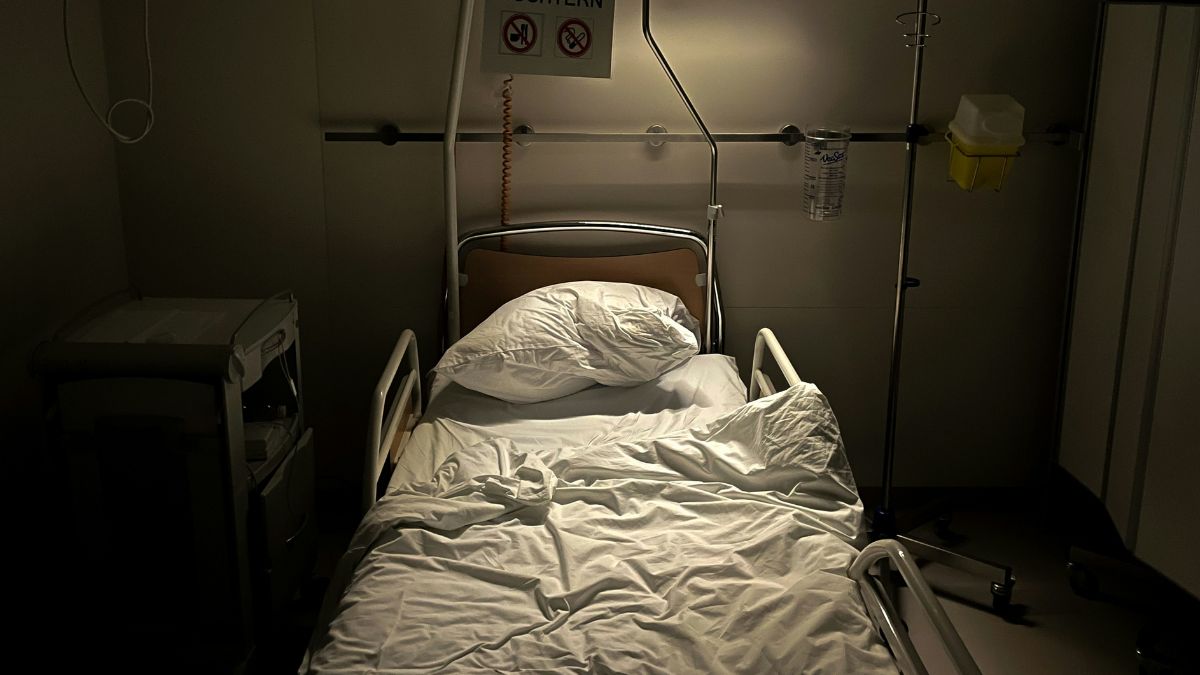

West Virginians Can Outlaw Euthanasia This November
Amendment 1 focuses on medically assisted suicide.
09/24/24
John Stonestreet and Jared Hayden

Doctor assisted suicide, something commonly referred to today as “medical assistance in dying,” is legal in ten states, plus Washington, D.C. But come November, voters in West Virginia can ensure this deadly practice never infiltrates its healthcare system. A first-of-its-kind amendment to the state constitution is on the ballot that would outlaw MAID and euthanasia.
The proposed Amendment 1 reads:
No person, physician, or health care provider in the State of West Virginia shall participate in the practice of medically assisted suicide, euthanasia, or mercy killing of a person. Nothing in this section prohibits the administration or prescription of medication for the purpose of alleviating pain or discomfort while the patient’s condition follows its natural course; nor does anything in this section prohibit the withholding or withdrawing of life-sustaining treatment, as requested by the patient or the patient’s decision-maker, in accordance with State law. Further, nothing in this section prevents the State from providing capital punishment.
Though proponents recognize that “medically assisted suicide, euthanasia, or mercy killing of a person” are “implicitly illegal” under West Virginia’s current state law, Amendment 1 would protect West Virginians against all legal or judicial attempts to change that. If it passes, the Mountain State would be the first to protect life in this way.
The move comes in the wake of how the horrific practice has been implemented in Canada. Since it was legalized in 2016, medically assisted suicide has become the fifth leading cause of death in the country. In 2022 alone, at least 13,241 people were killed by the practice, a 30% increase from 2021. In fact, it’s likely that even more lives have been taken by medical suicide, as MAID is not always reported as the primary cause of death.
Many factors have contributed to the rapid increase of MAID deaths in Canada. For one, fewer patients are denied medically assisted death. In 2019, 8% of requests were denied. In 2022, only 3.5% were denied. Also, no terminal prognosis is required for people to request or receive MAID. In a prophetic fulfillment of the “slippery slope” predictions, all that is required is a patient be an adult with a serious disease, disability, or some condition they feel they cannot deal with.
In fact, soon, Canadians diagnosed with mental illnesses will also be able to access MAID. The government currently “recognizes that mental illness can cause the same level of suffering as that of physical illness” and is tragically working toward expanding MAID to meet those requests.
Also, in most places around the world where medically assisted suicide is legal, doctors are discouraged or prohibited from raising the option with patients. Patients must first ask about it. But in Canada practitioners are told it is their responsibility to bring up MAID to relevant patients. Closely connected to that is the factor of cost. Though 77.6% of all Canadian MAID recipients received some level of palliative care for some amount of time, killing a patient remains cheaper. So, MAID undermines the need for it.
Some states are following in Canada’s footsteps. In 2021, after loosening restrictions around its medically assisted suicide program (known as “End of Life Option”), California saw a 63% increase in those deaths the following year.
For all these reasons and more, the citizens of West Virginia should prohibit these pseudo-medical practices at a constitutional level. If voters there make the right decision this election, West Virginia will be a model for the entire nation of how to protect the most vulnerable among us.
This Breakpoint was co-authored by Jared Hayden. If you’re a fan of Breakpoint, leave a review on your favorite podcast app. For more resources to live like a Christian in this cultural moment, go to breakpoint.org.
Have a Follow-up Question?
Up
Next

Related Content

© Copyright 2020, All Rights Reserved.













